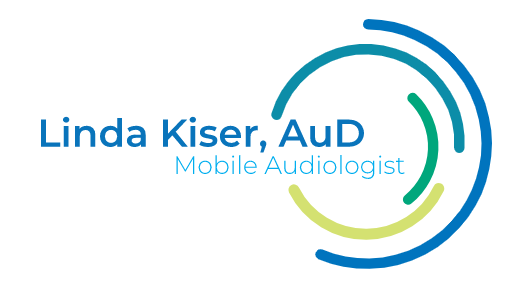Tinnitus Treatment Options
Tinnitus refers to the perception of ringing, buzzing, or whooshing sounds in the absence of any external source. It is a condition experienced by individuals and can have various causes.
Addressing the underlying cause:
Tinnitus is typically a symptom of an underlying condition, and the treatment will depend on the specific cause, its severity, associated factors like hearing loss, and the impact on daily activities.
Common causes of tinnitus include:
- Hearing loss
- Exposure to loud noises
- Earwax buildup or blockage
- Abnormal bone growth in the ear
- Meniere’s disease
- Head or neck injuries
- Benign tumor of the cranial nerve
- Medication
- Aging
- Vascular disorders
- Stress or depression
To determine the root cause of your tinnitus, a comprehensive medical history and examination will be conducted by your hearing specialist.
Available treatments
The treatment options for tinnitus depend on the underlying cause and individual factors. Here are some common approaches:
Sound therapy
Acoustic or sound therapy is a commonly used treatment. It involves using specific sounds to redirect the brain's attention and reduce the emotional impact of tinnitus.
Hearing aids
Hearing aids are an effective treatment for tinnitus, even when hearing loss is not present. They can be equipped with tinnitus-masking features to help individuals mask the noise and find relief. Hearing aids can be used in conjunction with hearing loss treatment.
Tinnitus retraining therapy (TRT):
TRT combines sound therapy with behavioral therapy to help individuals retrain their brain's perception of tinnitus. This therapy aims to change the way tinnitus is experienced. It may also involve addressing emotional difficulties such as depression, stress, or anger.
After undergoing treatment, it is important to maintain regular follow-ups. This may involve managing associated health issues or receiving ongoing therapies to support overall health and effectively manage tinnitus.

